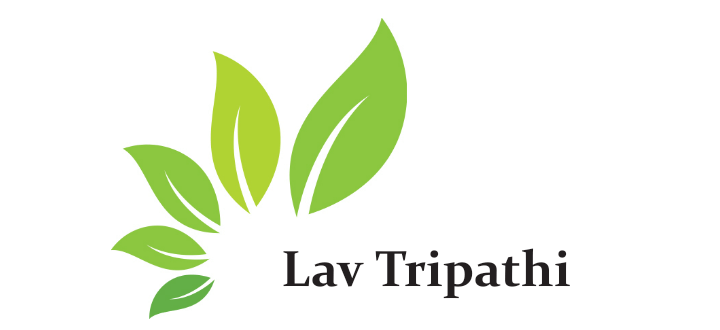Pregnancy is an amazing journey that requires careful attention to nutrition.
Iron is an important nutrient that plays an important role in a healthy pregnancy.
Iron is essential for the development of the placenta, the growth of the baby and the increase of blood volume in the body.
In this article, we’ll explore the importance of iron during pregnancy and introduce some iron-rich foods that can help keep you and your baby healthy during this wonderful journey.
The Importance of Iron During Pregnancy
Iron is an essential mineral for many bodily functions, and its importance during pregnancy cannot be overemphasized.
Here are the main reasons why iron is important for pregnant women:
Oxygen Transport – Iron is a major component of hemoglobin, a protein in red blood cells that carries oxygen from the lungs to other parts of the body.
During pregnancy, your body needs extra iron to increase the amount of blood that supplies oxygen to both you and your growing baby.
Fetal Development – Adequate iron intake is essential for the healthy development of a child’s brain and other vital organs.
Iron supports the production of red blood cells in the baby’s body and ensures that the baby receives enough oxygen and nutrients.
Prevention of Anemia – Iron deficiency anemia is a common problem during pregnancy and causes fatigue, weakness and increased susceptibility to infection.
Eating iron-rich foods can help prevent anemia and keep you energetic and healthy.
Foods High in Iron for Pregnancy
Now that we understand why iron is so important during pregnancy, let’s explore the foods that are rich in this vital mineral.
Lean Meats – Lean beef, poultry, and pork are excellent sources of heme iron, a type of iron that is easily absorbed by the body. Incorporating these into your diet provides a significant iron boost.
Legumes – Beans, lentils, and chickpeas are plant-based sources of iron that are rich in non-heme iron. To enhance iron absorption, pair legumes with vitamin C-rich foods like citrus fruits, tomatoes, or bell peppers.
Dark Leafy Greens – Spinach, kale, and Swiss chard are packed with iron. These leafy greens are also rich in folate, another essential nutrient for a healthy pregnancy.
Fortified Cereals – Many cereals are fortified with iron, making them a convenient and nutritious breakfast option for pregnant women.
Nuts and Seeds – Almonds, cashews, and pumpkin seeds are iron-rich snacks. Enjoy them in moderation to meet your iron needs.
Tofu – Tofu is a versatile plant-based protein that contains a good amount of iron. It can be included in various dishes for added nutrition.
Dried Fruits – Prunes, raisins, and apricots are dried fruits that are rich in iron and make for a healthy snack or addition to your breakfast.
Seafood – Certain seafood like canned sardines, clams, and oysters are high in iron. However, it’s important to be cautious with seafood during pregnancy due to mercury content. Consult your healthcare provider for guidance.
Eggs – Eggs are not only a great source of protein but also provide iron. Make sure to cook them thoroughly to reduce the risk of food borne illnesses.
Whole Grains – Whole grains like quinoa, brown rice, and fortified whole wheat bread can contribute to your iron intake.
It is important to note that eating foods rich in vitamin C, such as oranges, strawberries and peppers, improves iron absorption.
On the other hand, calcium-rich foods such as dairy products can interfere with iron absorption.
Therefore, it is recommended to eat these foods separately or at different times of the day.
Conclusion
Iron is an essential nutrient during pregnancy and supports the health and development of both mother and baby.
By including a variety of iron-rich foods in your diet and choosing food combinations that optimize iron absorption, you can ensure a healthy and vibrant pregnancy.
Consult your doctor for individualized advice on iron intake to meet your special needs during pregnancy.






